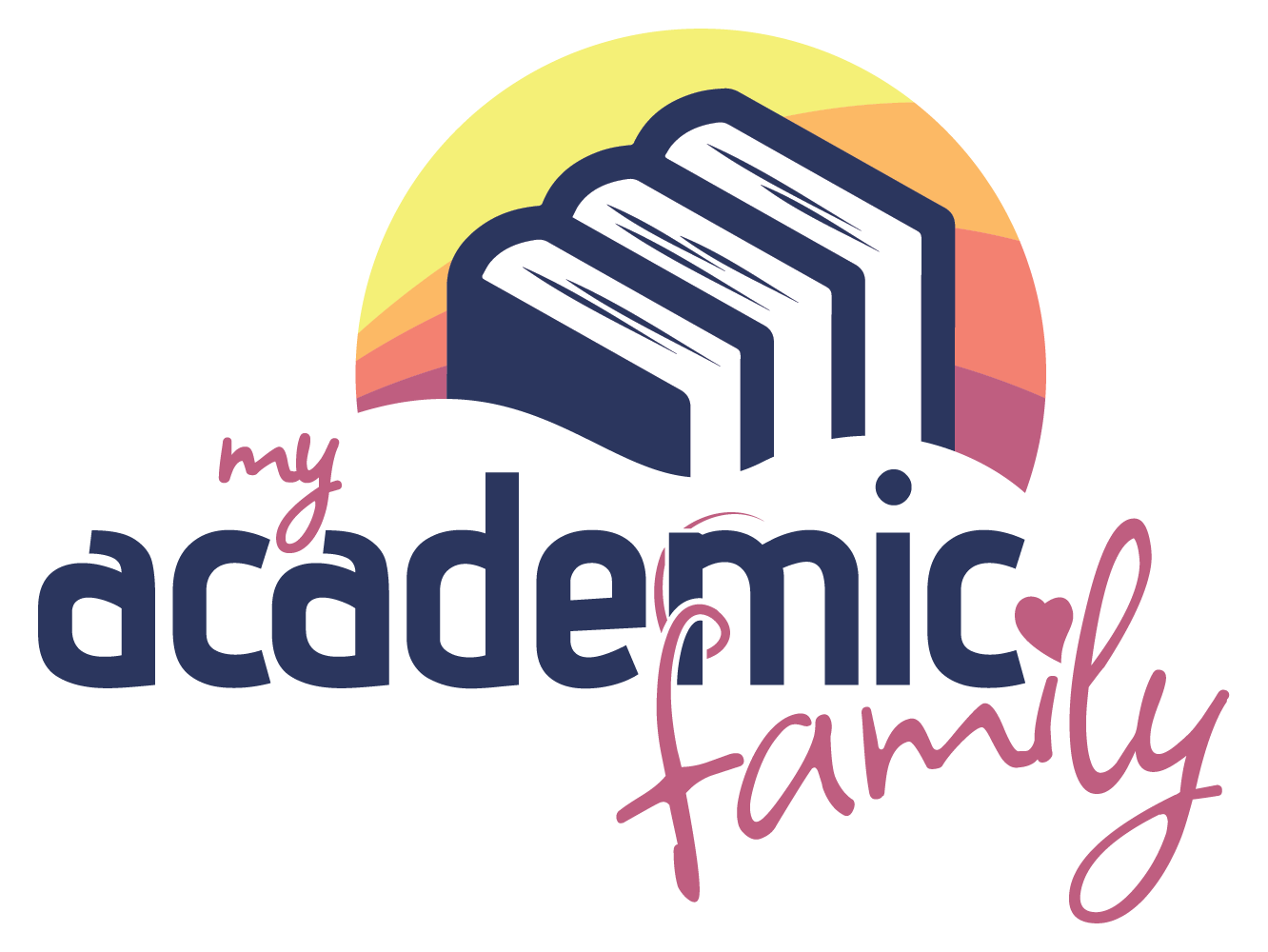Conference Participation Options
You’ve now found out about some conferences that you’d like to attend. What comes next?
Once you’ve picked a conference, the next step is to decide how you want to participate in it. There are different ways to participate in an academic conference, some of which are determined by what field or general area (STEM vs Arts/Humanities) the conference is in. In this post we will go through different types of participation you can engage in at conferences and what you need to do before the conference itself in order to do so. We will cover them in the order of least effort to most effort: Attendee, Poster Session, and Presenter. We will also cover some additional options you can participate in, the conference dinner and conference excursions.
Attendee
Just attending a conference requires the least amount of effort. You get a lot of benefits, including networking opportunities, getting to hear about other people’s interesting research, and perhaps participating in a discussion panel or workshop, if the conference is hosting any. You can attend academic conferences as an undergraduate student, so it’s not just for working academics or postgrads.
All you really need to do for this level of participation is register for the conference. This is usually done through the conference’s website. If the conference is not in your town or city, you will also need to sort out your own travel and accommodation. Sometimes a conference has a block of rooms in the hotel where the conference is being held. The conference organisers will let you know if you book this through the conference or if you have to contact the hotel yourself. The hotel associated with the conference is not always affordable. You are able to sort your own accommodation (consider staying with friends who live locally or booking a bed in a hostel to help keep costs down).
Additional Option: Conference Dinner
Most conferences will have a conference dinner, generally on the first night of the conference. This will usually be an extra cost, in addition to registration. Conference dinners are great to go to as they are extended networking opportunities and sometimes the food is rather good.
Additional Option: Excursions
Some conferences will have excursions that you are able to register for. These might be included in the cost of registration (though they might be limited to a certain number of participants), or they might have an additional cost. The conference programme should let you know if there are excursions planned as part of the conference.
Poster Session
A poster session is a low stress way to dip your toe into more active participation at an academic conference. Poster sessions and posters themselves are extremely common in scientific fields, including both ‘hard’ sciences and social sciences. In addition to registering for the conference itself, you will need to submit a poster proposal to the conference committee. Calls for posters go out ahead of the opening of registration and will have a deadline. The call will let you know what length the proposal needs to be. You are responsible for designing, printing, and bringing your poster. Posters are commonly A0 size, but the call may specify what size they expect you to bring. The conference committee will let you know if you have been selected to participate in the poster session.
You will put your poster up at the beginning of the conference so all attendees can view them throughout the conference itself. There is usually a set session where all those who brought posters as part of the poster session will stand by their posters so people can talk to you and ask questions about your research. This is a good way to get to talk to people about your research and get feedback without feeling quite so much like you’re involved in public speaking. At the end of the conference, you will be expected to take your poster down and take it back home with you.
Presenter
A presentation may be considered the ‘full participation’ level of an academic conference. As with the poster session, there is a call for papers that goes out months ahead of registration opening. The call will let you know what length your paper proposal should be as well as how long your paper presentation is expected to be, which is frequently between 10-20 minutes. You will receive notification from the conference committee to let you know if your paper proposal has been accepted.
Conferences typically organise sessions into groups of similar topics or methodologies and you will find out when your presentation is scheduled usually by looking in the programme when it is released. You are encouraged to make a PowerPoint (or other similar visual style) presentation to go along with your talk, but are not required to do so. Some conferences will require you to submit your slides to the conference committee before the conference begins, while others may have the chair of your session ask you to submit your slides by the day before your presentation. Other conferences may allow you to bring a thumb drive on the day.
When it is time for your session, you will frequently be asked to sit towards the front of the room so it is quick and easy for you to move to the front for your presentation. The chair of the session will introduce each speaker, generally just before you speak (though it may happen that they want to introduce everyone together at the very beginning). You will frequently be expected to advance the slides for your presentation yourself. Some conferences may have a timer (usually a person) to let you know when you have 5 minutes and 1 minute left. Other conferences will expect you to time yourself. It is important to ensure your presentation fits within your allotted time, as going over takes up the time for another person in your session. Your chair may have questions at the end of each presentation, or may wait until the very end and have questions for all presentations asked together.
The Takeaway
Choosing your level of participation in an academic conference depends on your comfort, ability to prepare, and the depth of engagement you are looking for. Whether you opt for the deep participation of a presenter or the less stressful experience of being an attendee, academic conferences provide invaluable opportunities for networking, engaging with pioneering research, and actively contributing to scholarly conversations. Remember, it is absolutely okay for your first conference experience to be as an attendee or via poster session. There are many conferences held each year, and especially if you are a doctoral student, there will be multiple opportunities to participate more directly in conferences. As you embark on the conference portion of your academic journey, reflect on your goals and aspirations, ensuring that you make the most of these significant academic gatherings.






